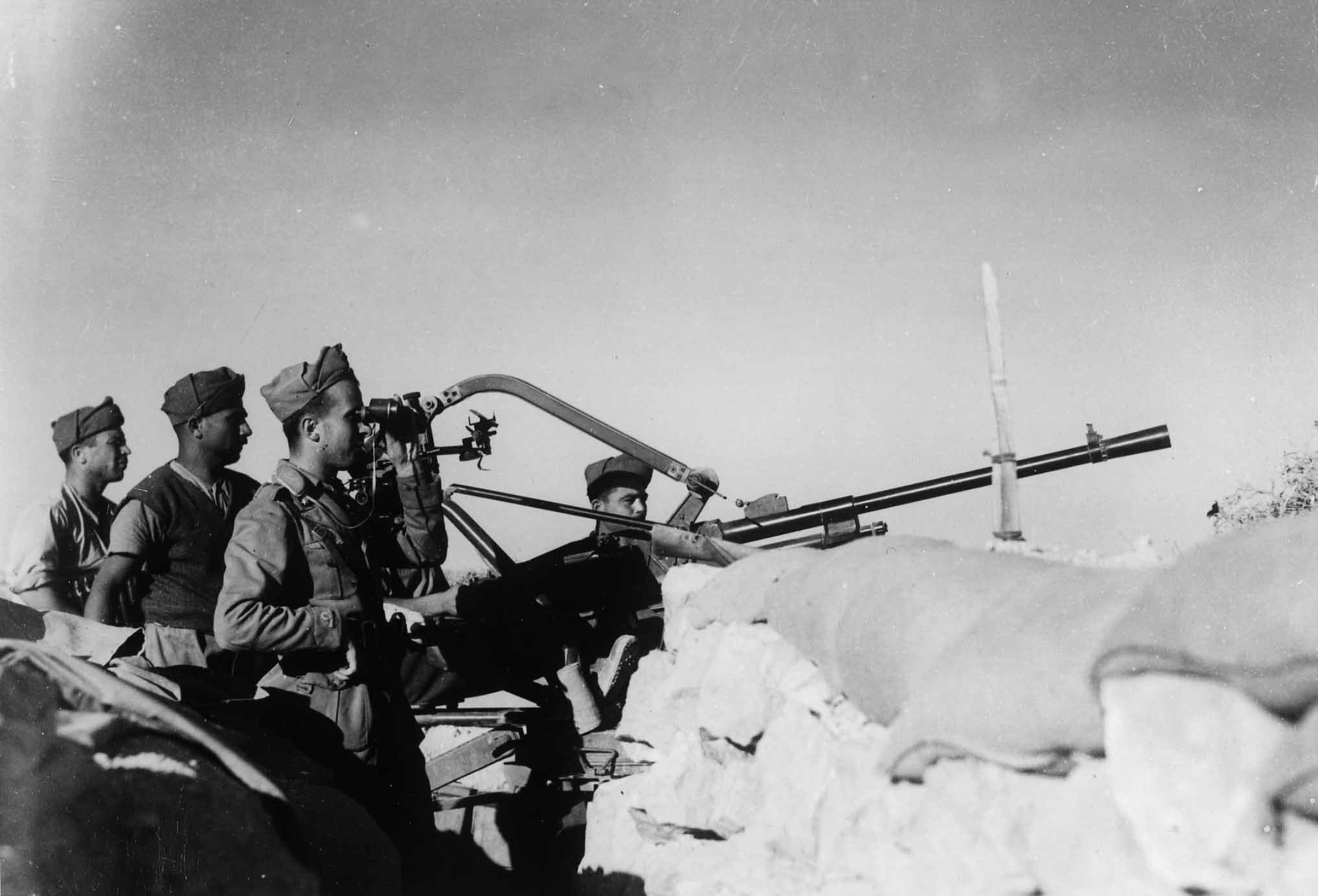Díky za článek. Zajímavé čtení. A vůbec- díky Všem za kalendárium. 
22.01. 1941 - Conquest of Tobruk
Categories: Second World War , Calendar

On June 10, 1940, Italian leader Benito Mussolini decided that the time was right for his brave and fearless army to go into battle and win some glorious victories.
Sadly, the time when the whole of the then known world trembled before the Roman army has somehow passed. As Winston Churchill said in 1939: "There is a school of British strategists who believe that in the next war it would be advantageous to have Italy as an enemy".
Although Italy was not prepared for a long war, they did not envisage it until about 3 years later, but they were confident, following the example of the Wehrmacht, of the blitzkrieg victories that Hitler achieved against Poland, Denmark and Norway.
Mussolini bet heavily on certainty and had his army attack southeastern France at a time when the panzer divisions of the "Guderian" and "Kleist" groups were already rolling into southern France and the Allied troops had already been evacuated from Dunkirk. But the French army repulsed all Italian attempts to take Nice. It turned out that the Italian army was not really ready for war.
On August 4, the Italians launched an attack on British Somaliland, and within a few weeks they had captured it. Finally, some victory. The next battlefield where it looked like an easy job was North Africa. In Libya, which had belonged to the Italians since 1911, 200,000 troops were ready. The British in Egypt had only 36,000.
On September 13, 1940, the Italians invaded Egypt and succeeded in capturing several strongholds in western Egypt. After eighty kilometres, Mussolini's men stopped at the fortress of Sidi Barrani. Although they had great material superiority, because of poor supply and poor leadership they decided to dig in and wait it out. The British did the same.
On October 28, Mussolini invaded Greece despite German resistance. Instead of concentrating on defeating the British in Egypt, the Italians threw themselves into another adventure. By the way, they didn't exactly do a great job in Greece either. The British were using convoys to resupply Egypt and gathering forces for a counter-offensive.
On 9 December, Operation Compas, the British counter-attack in North Africa, was launched. The offensive, led by General O'Connor, was successful from the start and in January, reinforced by Australian troops, began a massive advance into Libya. It occupied Bardia, Tobruk, Derna and Benghazi on 22 January, encircling and destroying virtually the entire 10th Italian Army. In just ten weeks, O'Connor's troops advanced 1,000 kilometers and captured Cyrenaica. At the cost of 500 dead, they captured 135,000 Italians.
I have not been able to find any detailed information about this first conquest of Tobruk, so I assume the Italians cleared it without much fighting.
Hitler was horrified at the way the war was going in North Africa. The Italian army was in danger of total defeat and although he did not want to shatter the German forces, he had to help Duce.
On 11 February, therefore, the first German troops of the Deutches Afrikakorps landed in Tripoli.
But that's another story.........
Jindrich Krejci - PilotK
Detectors Pilot
You can search for WWII artifacts with our metal detectors.
The article is included in categories:



